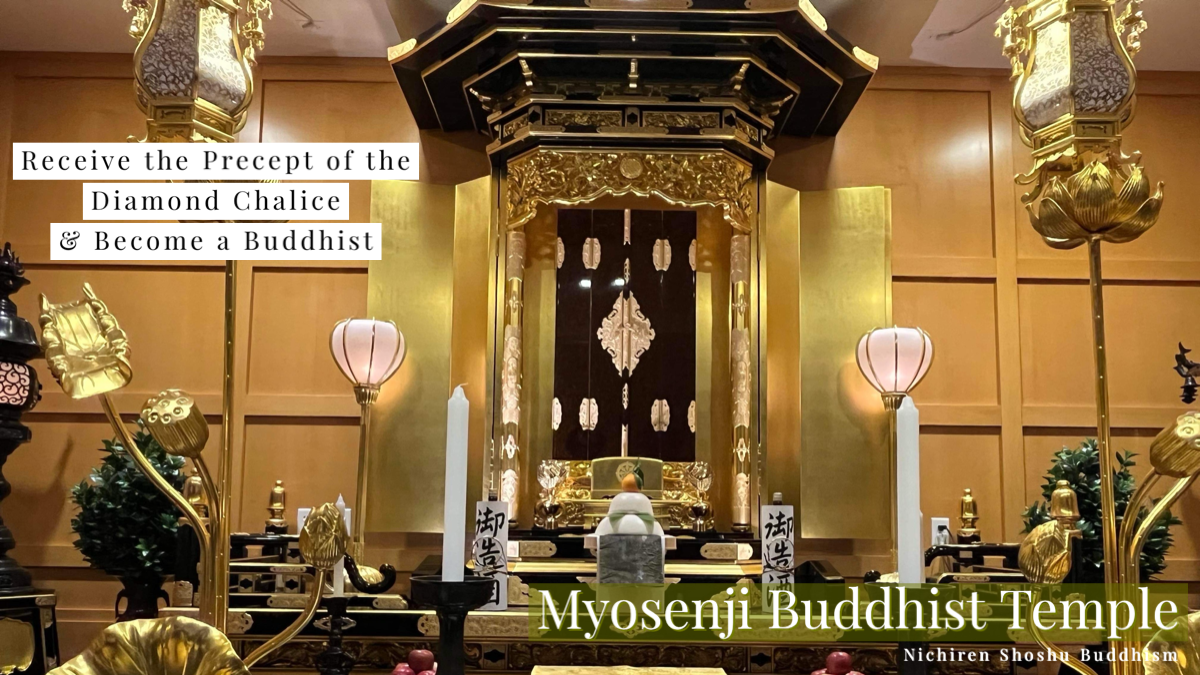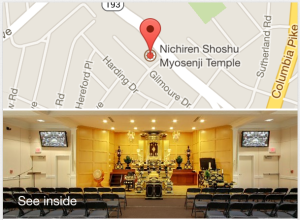The word “Karma” is becoming ubiquitous in American culture. Marketers love to use this word to sell things — songs, shoes, credit, software, wireless routers, TV shows … Credit Karma, Karma Software, Karma Shoes, Karma Hotspot, Karma Police, etc. But many Americans have adopted this word without really understanding it’s deeper meanings and origins.
Karma does not have an English equivalent
The word “karma” comes from Sanskrit. The meaning of the word “karma” includes not only a person’s deed, but also the deed’s power to produce an effect. And, there are actually three kinds of Karma:
- karma of the body
- karma of the mouth
- karma of the mind
And, Karma is NOT destiny
If you are interested in learning the true meaning of Karma and how it impacts your daily life, your well-being and happiness, visit Myosenji Temple (in-person and online) for our Introductory Series of lectures by our Chief Priest. Register today!
- Series topics: Karma, the Buddhist Concept of the Ten Worlds and the Core Beliefs & Practice of Buddhism
- Learn how to chant Nam Myoho Renge Kyo and properly use the Juzu Beads, Buddhist prayer beads.
- Q&A with our Chief Priest.
- The meeting starts at 2:00 pm and concludes around 3:15 pm. Live Stream opens about 1:50pm.
- 310 University Blvd West, Silver Spring, MD 20901 (entrance on Burnett Ave)
If you have decided to become a Buddhist or are interested in learning how to become a Buddhist, after each Introductory meeting (about 3:30 pm) Rev Sakabe will be performing the Acceptance of the Precept Ceremony called Gojukai.


